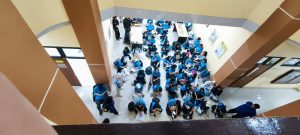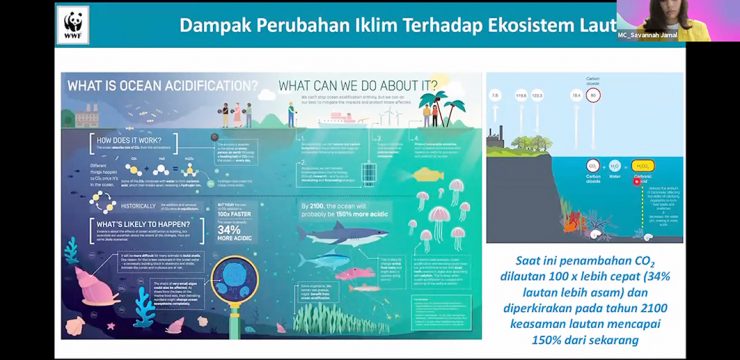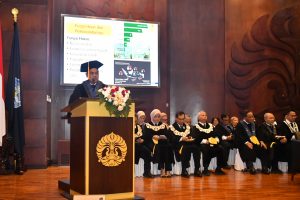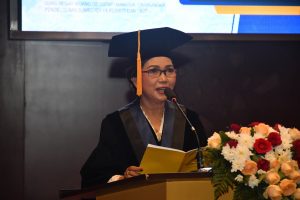The phenomenon of climate change has impacted ecosystems and humans across all continents and oceans of the world. Climate change can pose major risks to human health, global food security, and economic development. One of the biggest impacts of climate change is the ocean. Rising sea levels will impact coastal communities and low-lying areas around the world with the emergence of flooding, coastal erosion and submersion, and the loss of small islands.
Saturday (20/11) the Department of Geography, University of Indonesia, in collaboration with WWF Indonesia and Greenpeace Southeast Asia, held a mini webinar entitled "Climate Crisis 1.0: Damaged Seas, Impacted World".
The mini webinar is part of a series Geographic National Society Summit (GNSS), The 13th Geography Days. The webinar activity was held online through the Zoom Meeting platform. In this activity, the committee of The 13th Geography Days also invited competent speakers in their fields, namely Imam Musthofa as Head of WWF Indonesia Marine and Fisheries Program and Arifsyah Nasution as Greenpeace Southeast Asia Marine Campaigner.
The webinar begins with an opening by the moderator and ice breaking. The presentation of the material was started by Imam Musthofa as the first resource person. In his presentation, he explained the latest developments in climate change in Indonesia in relation to marine issues, the impact of the climate crisis on marine ecosystems, and the important reasons why people need to protect the sea.
"Since 1900, the earth's temperature has increased by almost 4 degrees. This figure has worried many parties," explained Mr. Imam.
“Heat from the impact global warming the biggest impact on the sea with absorption reaching 93%. So you can imagine kan "What kind of impact does it have on the marine ecosystem?" he added.
Followed by the second resource person, Arifsyah Nasution, explaining how sea level rise can occur, the dangers that occur when sea levels rise, and the steps that the community can take to prevent this.
After the presentation of the material by the resource person, a question and answer session guided by Savannah Jamal, as the moderator, was held for approximately 40 minutes. At the end of the webinar activity, the two resource persons also gave closing statement-his.
"The young generation, including my student friends, is influencer most important in tackling the climate crisis. Do it and take action." said Mr. Imam.
"It is important for all levels of society to improve critical thinking such as through discussions or studies, improving academic morality. Future leaders need to learn a lot from the mistakes of current leaders. No matter how small the contribution is, if it is done by many people, it will contribute positively," added Mr. Arifsyah.
Geographic National Society Summit (GNSS) is one of the series of events of The 13th Geography Days. This event will be held online, including two mini webinars with the theme "Climate Crisis 1.0: Oceans Damaged, World Affected” and “Climate Crisis 2.0: Start Managing to Prevent Disasters” and the main webinar with the theme “Collaborative Efforts and Innovation for Climate Crisis“. GNSS was attended by experts in their fields from various government and private institutions as a form of collaboration in dealing with the climate crisis.
News source: https://sci.ui.ac.id/
